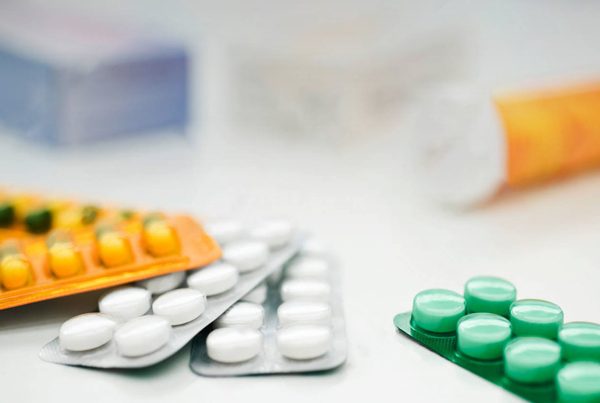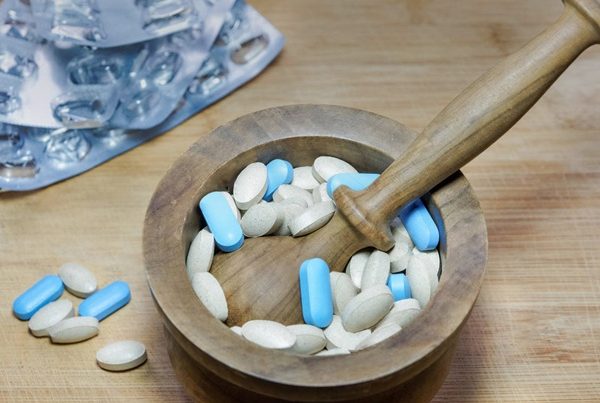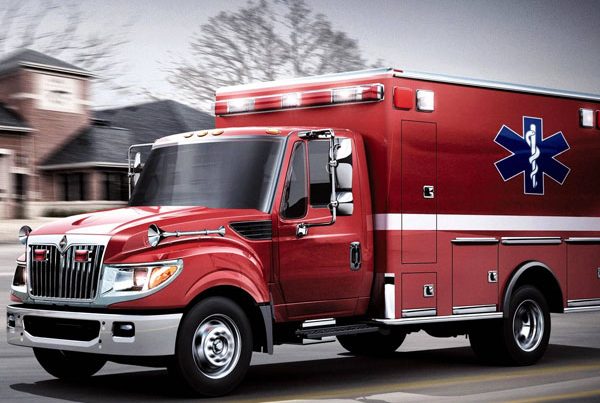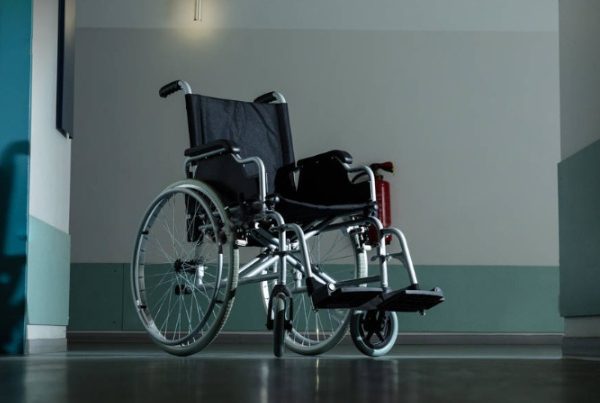Case Summary
Relator Thomas Proctor worked as a pharmacist at a Safeway pharmacy in Texas from June to October 2011. In 2011, Relator Proctor brought a False Claims Act case against Safeway alleging it engaged in fraud by setting up a discount generic drug formulary, a prescription benefits club, and a pharmaceutical price matching program. These actions concealed from government health programs (“GHP”) the lower prices Safeway was actually charging for many prescription drugs, and instead reported inflated pricing information to GHPs. Call out text. Mr. Proctor also alleges the scheme violates the False Claims Acts of the States of California, Colorado, Delaware, Hawaii, Illinois, Montana, New Jersey, New Mexico, Nevada, the Commonwealth of Virginia, and the District of Columbia.
In 2011, Relator Proctor brought a False Claims Act case against Safeway alleging it engaged in fraud by setting up a discount generic drug formulary, a prescription benefits club, and a pharmaceutical price matching program.
Pricing caps for prescriptions vary depending on the GHP involved. For Medicaid, TRICARE, and the Federal Employees Health Benefits Program, prescription drug reimbursement rates are capped at the usual & customary (“U&C”) prices charged to cash customers for the drug. For Medicare, Part D beneficiaries must be offered “Negotiated Prices” “reduced by those discounts” or “other price concessions” available at the “point of sale.”
Failure to offer Negotiated Prices is a violation of Medicare Part D regulations and constitutes a false claims for purposes of the False Claims Act.
Safeway sold prescription medications to the general public at a lower discounted price than the falsely inflated prices reported to the GHPs for the same medications. Thus, Safeway submitted and caused to be submitted thousands of false claims for prescription medications.
In 2007-2008, Safeway, facing stiff competition for pharmacy customers, implemented its own discount drug program which included: price matching; an automatic $4 generic program; and a membership club discount program.
In 2010, Safeway tweaked its discount program by discontinuing the automatic $4 generic program and replacing it with its membership club program. This program required customers to join the no-cost club, and provided $4 discounts on generic drugs, a 10% discount on all brand name drugs, and a 20% discount on all non-formulary generic drugs.
In neither of the above programs were the discounts offered to GHP beneficiaries or other third party payers, unless the GHP beneficiary’s co-pay was higher than $4, and the beneficiary requested the lower price. For example, the price Safeway charged nationwide to GHPs for drugs offered to cash customers at $4, was $11.99.
This case is set for trial in July 2018.















